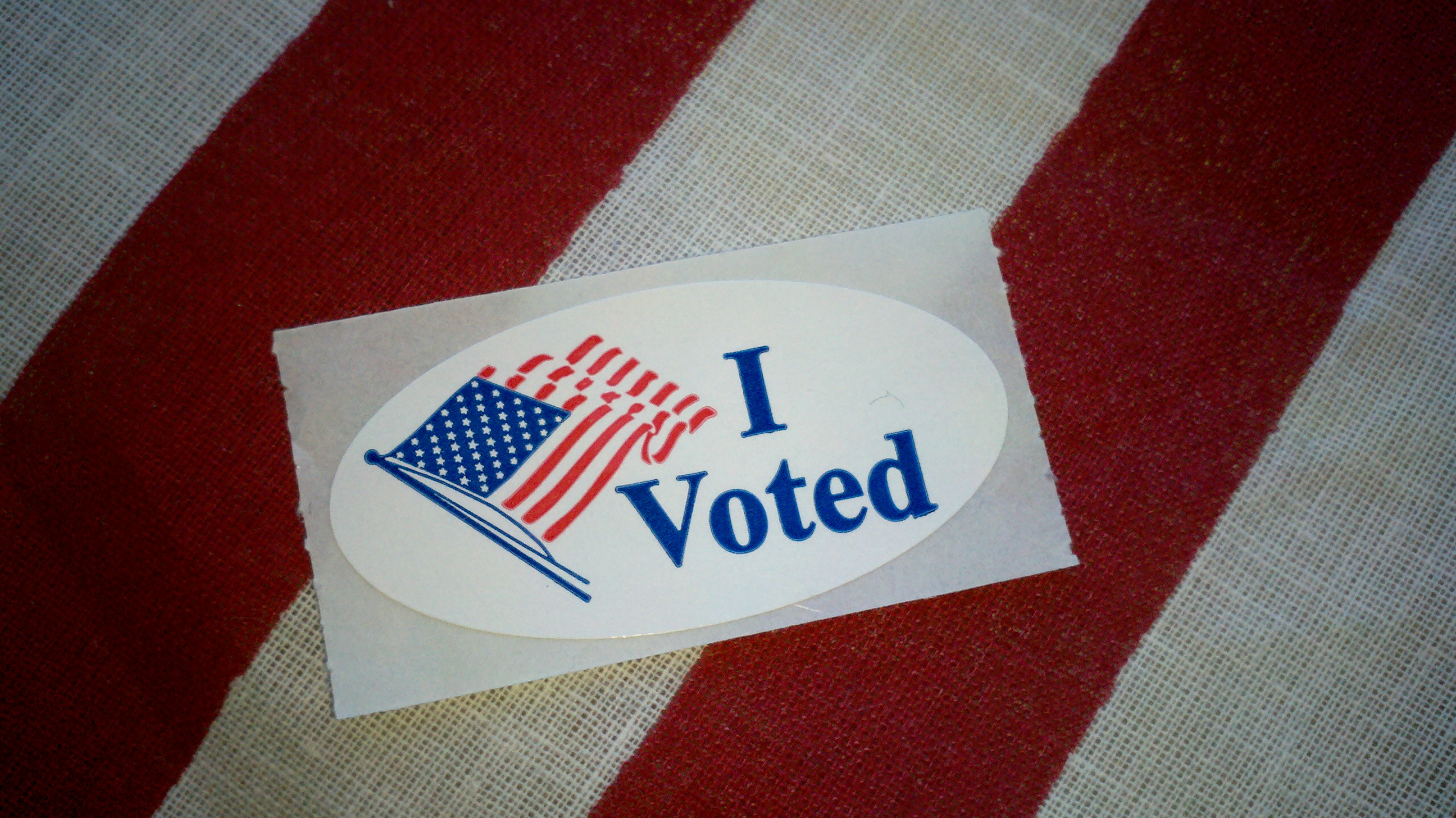Voting has long been considered both a civil right and a civic duty. However, that principle has not prevented the disenfranchisement of millions of Americans throughout our history, and this disenfranchisement tends to disproportionately affect minorities. Even after the passage of the 15th Amendment, many African Americans were kept from voting through poll taxes, literacy tests, grandfather clauses, or violence. The Voting Rights Act of 1965 offered a tool to eliminate these discriminatory measures. In 2013, Shelby v. Holder struck down the preclearance requirement of the Voting Rights Act, allowing fifteen states that previously needed federal approval to amend voting laws to make such amendments without such approval. Three years later, 2016 marks the first presidential election since the decision came down. This has brought many of the effects of this decision – and other recent changes in voting laws – into sharper focus.
According to the Brennan Center for Justice, 17 states are trying out new voting restrictions for the first time during the 2016 presidential election, and nearly half of these states would have needed federal approval to change their election laws prior to Shelby. Of the 22 states that have new restrictions in place since 2010, 18 were put into effect by Republican governors and legislatures. Democrats in Rhode Island, West Virginia, and Illinois also passed voting restrictions, and Mississippi enacted a photo ID requirement through a voter referendum.
The idea that Republicans are more likely to favor voting restrictions than Democrats is relatively well-known and well documented. Many voting restrictions, such as the requirement of a photo ID, have a larger impact on minorities, who are more likely to vote for Democrats and less likely to have an accepted form of photo ID. Even in states that offer free voter IDs, lower-income voters may lack the underlying documentation necessary to receive one.
A recent episode of Last Week Tonight with John Oliver further highlights the political nature of many of these voting restrictions, showing clips of Pennsylvania Republicans openly referencing the manner in which they believe new photo ID requirements have benefited Republican candidates. Oliver shows Republican State Representative Mike Turzia declaring, “Voter ID, which is going to allow Governor Romney to win the state of Pennsylvania, done,” and Robert Gleason, chair of the Republican Party of Pennsylvania, is shown saying, “I think that probably photo ID helped a bit [in Obama winning the state by a lower percentage in 2012 than 2008].” As Oliver goes on to comment, “[They’re] saying the thing that everyone knows but you’re not supposed to say out loud.” Although most proponents of stricter voting laws cite voter fraud, even Fox News admits that such fraud rarely occurs, and there is no clear evidence that the most common types of restrictions help prevent what little fraud does exist.
While many new voting restrictions will not be given a test run until the general election in November, voters in several states have gotten a taste of the sorts of issues they may run into at the polls through presidential primary elections. In the March 22 primary in Arizona, some voters waited in line until after midnight to cast their ballot as Maricopa County, the state’s most populous county, reduced its number of polling locations from 200 to 60 in order to “cut costs.” This reduction in polling locations would have required federal approval before Shelby. In North Carolina, the March 15 primary was plagued by similarly long lines, compounded with confusion over recently enacted voter ID requirements.
This week’s primary in Wisconsin was the first election to take place after the state’s new voter ID law took effect. In the days leading into the primary, many new outlets attempted to clarify new photo ID requirements, hoping to prevent some of the problems encountered in other states before they occurred. The new Wisconsin photo ID law has stricter requirements for student ID cards than other forms of photo identification: while drivers licenses, passports, military IDs, and tribal IDs can be expired, student IDs must be less than two years old, and students must also bring proof of current enrollment. Some colleges, such as the University of Wisconsin-Madison, have been offering students free “voter IDs” and working to ensure students have the tools they need to successfully vote in both the primaries and the general election.
Voting should not be a partisan issue. Although Shelby decreased the level of scrutiny amendments to election laws receive in many states, this decision was neither the first nor the only factor that has contributed to continued voter disenfranchisement. Hopefully, the difficulties voters have had casting their ballots this primary season can be rectified in time for the general election in November.

